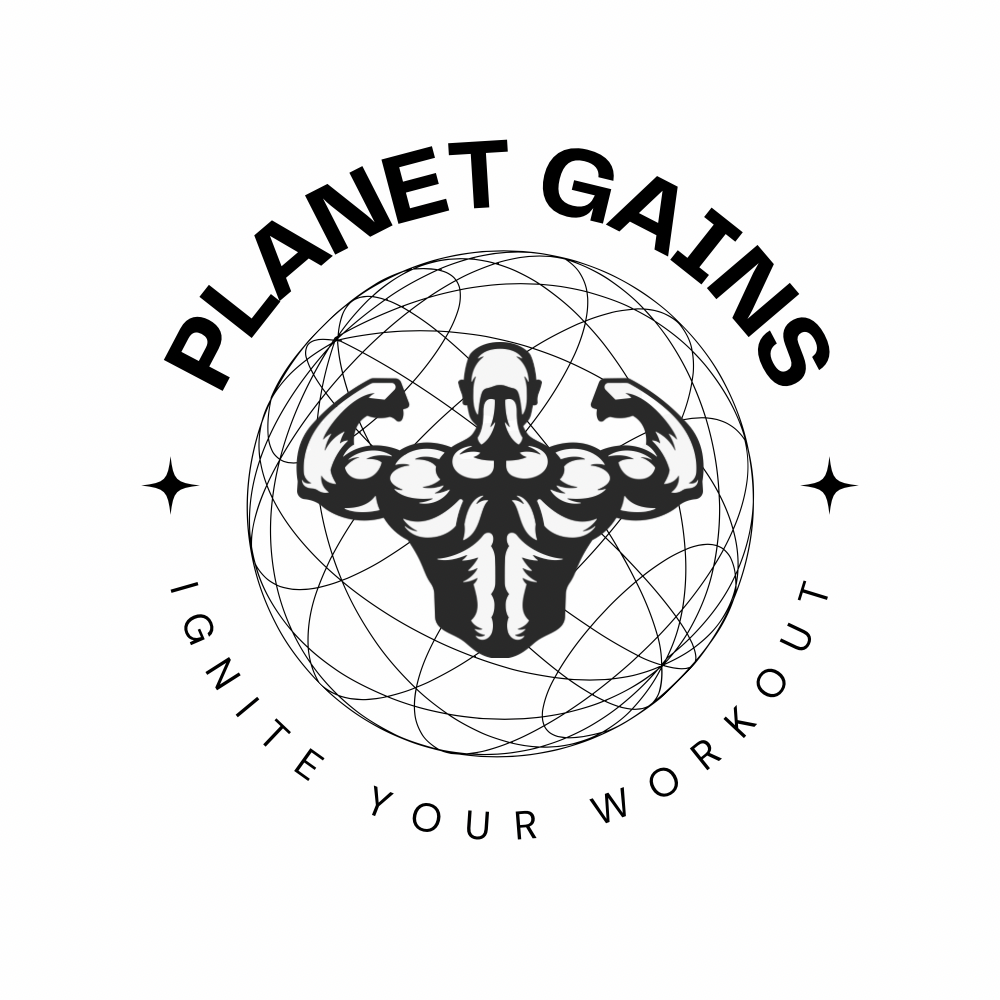📦 FREE Shipping
Does Sprinting Increase Testosterone 2024? Experts Explain

Sprinting isn’t just a test of speed; it may also impact your hormonal balance. “Does Sprinting Increase Testosterone? Experts Explain” investigates the relationship between high-intensity exercise and testosterone levels.
Does Sprinting Increase Testosterone?
Testosterone is a crucial male sex hormone that is essential in developing male characteristics. It’s not just about secondary sexual characteristics like facial and pubic hair; testosterone contributes to muscle mass, bone density, and overall well-being.
Produced mainly in the testes and, to a lesser extent, in the ovaries and adrenal glands, this hormone surges during puberty and maintains various physiological processes.
- Key roles of testosterone:
- Initiates the development of male secondary sexual characteristics
- Stimulates sperm production
- Fuels libido
- Bolsters muscle and bone mass
- Regulation of secretion:
- Controlled by luteinizing hormone (LH)
- The pituitary gland secretes LH
Impact of Sprinting on Testosterone Levels
Sprinting is an intense form of exercise that can acutely elevate testosterone levels in men. By pushing your body to its maximum velocity, even for short periods, you’re engaging in a highly intense form of exercise that not only burns calories and increases cardiovascular fitness but also has the potential to boost testosterone.
- How sprinting affects testosterone levels:
- Short bouts of intense exercise can trigger an increase in testosterone production.
- Studies suggest the improvements in testosterone can contribute to muscle growth and better overall performance.
Health and Performance Benefits

Exploring the dynamic world of sprinting reveals exciting ways in which it can boost your health and athletic prowess. From elevating hormone levels to enhancing physical performance, sprinting adds a potent edge to your fitness routine.
Physical and Psychological Advantages
When you engage in high-intensity sprints, you’re not just working your muscles but initiating a cascade of physiological transformations.
Regular sprinting can increase testosterone, a key player in muscle growth, bone density, and overall energy levels. Testosterone also plays a crucial role in protein synthesis, essential for muscle recovery and strength.
Your workouts do more than boost your physical health; they also improve your mood. High-intensity exercise like sprinting triggers the release of endorphins, the body’s natural mood elevators. This not only enhances your psychological well-being but also the motivation to keep pushing your limits in fitness and in life.
Sprinting in Athletic Training
Sprinting is celebrated in the athletic world for its ability to amplify performance. Athletes integrate sprint intervals into their training because it:
- Improves endurance and strength
- Boosts growth hormone levels, facilitating muscle mass and overall fitness
- Accelerates metabolism, aiding in more effective energy use
- Potentiate faster recovery times due to the heightened hormone response
Such high-intensity exercise is a form of resistance training that can help in muscle preservation and strength. The quick bursts of speed inherently involved in sprinting are tailored to develop explosive power, crucial for peak athletic performance.
Sprinting doesn’t just make you stronger; it’s a multifaceted exercise that prepares your body for diverse athletic demands, ensuring you’re as resilient as you are fast.
Optimizing Testosterone with Lifestyle

Dietary and Lifestyle Factors
Your diet plays a stellar role in regulating testosterone levels. Key nutrients like zinc, vitamin D, and healthy fats are essential. For high testosterone production:
- Zinc: Found in lean meats, seafood, and pumpkin seeds.
- Vitamin D: Achieved through sun exposure and foods like fatty fish and egg yolks.
- Healthy Fats: Obtainable from sources like avocados, nuts, and olive oil.
Maintaining a healthy weight through a balanced diet can prevent obesity, which is often linked to lower hormone levels.
Alcohol consumption should be limited, as excessive drinking is known to impact testosterone negatively. Aim for moderation to strike a balance between enjoying life and maintaining your hormonal health.
In addition, sleep is critical. Strive for 7-9 hours a night, as your body produces testosterone during deep sleep. Poor sleep patterns can increase cortisol levels, which inversely affect testosterone.
Balancing Exercise with Recovery
While sprinting and other high-intensity interval training (HIIT) can boost your testosterone levels through acute exercise and increased heart rate, balanced recovery is imperative. It’s crucial to include resistance training that targets multiple muscle groups to promote muscle growth and hormone production.
Strategize your weekly routine to involve resistance and aerobic exercise for the best results. However, always pair your workout sessions with adequate recovery time. This helps in reducing the risk of overtraining, which might lead to elevated cortisol levels and hinder testosterone production.
Consistent exercise and proper rest can help maintain peak T-levels over the long-term if you’re middle-aged or young. As you age, recovery becomes even more significant. Don’t neglect weight loss if you have excess body fat, as a leaner physique supports better hormonal balance.
FAQ:
Can sprinting boost testosterone?
Sprinting can boost testosterone levels due to its high-intensity nature.
Do sprinters have high testosterone?
Sprinters may have higher testosterone levels, as intense physical activity like sprinting can elevate testosterone production.
Does sprinting increase HGH levels?
Yes, sprinting can increase HGH (Human Growth Hormone) levels significantly
What exercises produce the most testosterone?
Compound exercises like squats, deadlifts, and bench presses produce the most testosterone due to the large muscle groups involved.
If this article about the question: “Does Sprinting Increase Testosterone” helped you, don’t forget to leave us a comment down below about what you think of the article.

